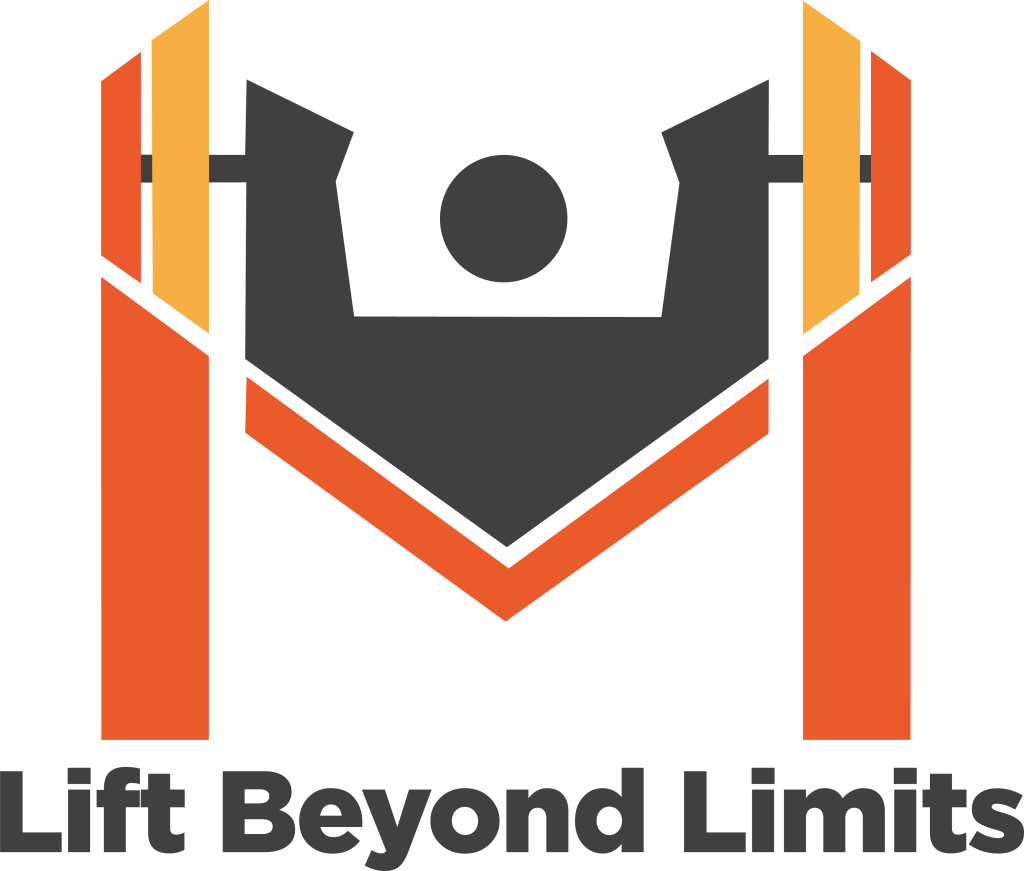Nutrition Tips for Champions
Nutrition is important in the success of powerlifters, influencing strength, recovery, and overall performance. Here are some key nutrition tips tailored specifically for powerlifting:
Adequate Caloric Intake
Powerlifting is an energy-demanding sport that requires sufficient calories to support intense training sessions and muscle recovery. Ensure you have a caloric surplus to provide the energy needed for optimal performance and muscle growth. Monitor your weight and adjust calorie intake based on your bulking, maintaining, or cutting goals.
Prioritize Protein Intake
Protein is vital to a powerlifter’s diet because it is necessary for muscle growth and repair. Try to consume between 1.6 and 2.2 grams of protein for every kilogram of body weight. Add high-quality sources of protein, such as fish, chicken, eggs, lean meats, and plant-based foods like tofu and lentils.
Optimal Carbohydrate Consumption
Carbohydrates are the body’s primary energy source, particularly during high-intensity workouts. Take complex carbohydrates like those found in whole grains, fruits, and legumes. Adjust your carbohydrate intake based on your training volume and intensity, ensuring you have enough fuel for both workouts and recovery.
Healthy Fats for Hormonal Balance
Add good fats to your diet to support hormonal balance and overall health. Omega-3 fatty acids in fish, flaxseeds, and walnuts can have anti-inflammatory benefits. Olive oil, avocado and nuts are excellent sources of healthy fats.
Proper Hydration
Hydration is frequently forgotten but is vital for optimal performance. Dehydration can negatively impact strength, power, and recovery. Aim to drink enough water throughout the day, and adjust your intake based on training intensity, climate, and body weight. Electrolyte-rich beverages may be beneficial, especially during intense training sessions.
Nutrient Timing
Pay attention to nutrient timing to optimize performance and recovery. Have a well-rounded supper with protein and carbohydrates 2-3 hours before training. Post-workout nutrition is crucial for recovery; consume protein and carbohydrates within 30-60 minutes following your exercise
to replenish glycogen stores and kickstart muscle repair.
Individualized Approach
Nutritional needs vary among individuals, so it’s essential to tailor your nutrition plan to your specific goals, body composition, and training regimen. Think about speaking with a certified dietitian or nutritionist to develop a customized strategy that is in line with your powerlifting objectives.
Supplements When Necessary
While it’s crucial to prioritize whole foods, supplements can be beneficial in filling nutritional gaps. Consider supplements like whey protein, creatine, and, if needed, multivitamins or omega-3 fatty acids. However, always prioritize obtaining nutrients from whole foods whenever possible.
Manage Body Weight
For powerlifters competing in specific weight classes, managing body weight is crucial to their nutritional strategy. Plan weight cuts strategically to minimize negative effects on strength and performance. Consult a coach or nutrition professional to create a safe and effective weight management plan.
Listen to Your Body
Lastly, Keep an eye on how your body reacts to various foods and adjust your nutrition plan accordingly. Experiment with various approaches to find what works best for you regarding energy levels, recovery, and overall well-being.
Bench Press Nutrition Tips
Focusing on nutrition specifically for the bench press, a key lift in powerlifting, can help optimize your performance and strength gains. Here are some tailored nutrition tips:

Emphasize Upper Body Strength
Since the bench press primarily targets the upper body, your nutrition should support muscle growth and recovery in these areas.

Pre-Workout Nutrition
Eat a balanced meal containing carbs and protein 1-2 hours before bench press sessions. This provides energy and nutrients to fuel your workout and support muscle function. Consider a turkey sandwich on whole-grain bread or Greek yogurt with fruit and granola.

Post-Workout Recovery
Consume a protein-rich meal or snack within 30-60 minutes after bench press workouts to promote muscle repair and recovery. Pair protein with fast-digesting carbs like fruit or rice cakes to replenish glycogen stores and aid recovery.

Supplementation
Consider supplements like whey protein or branched-chain amino acids (BCAAs) to support muscle recovery and growth. Creatine supplementation may also benefit strength and power output during bench press training.
❖ Importance of Carbohydrates for Energy
Carbohydrates are essential for providing the energy needed to fuel intense powerlifting workouts.
❖ Importance of Carbohydrates for Energy
Incorporating healthy fats into your diet is crucial for hormone production, joint health, and overall well-being.
❖ Proper Hydration for Performance
Hydration is key for maintaining strength, endurance, and focus during powerlifting sessions. Drink water regularly throughout the day.
❖ Individualized Approach to Nutrition
Recognize that nutritional needs vary among powerlifters based on different factors such as body composition and training intensity.


